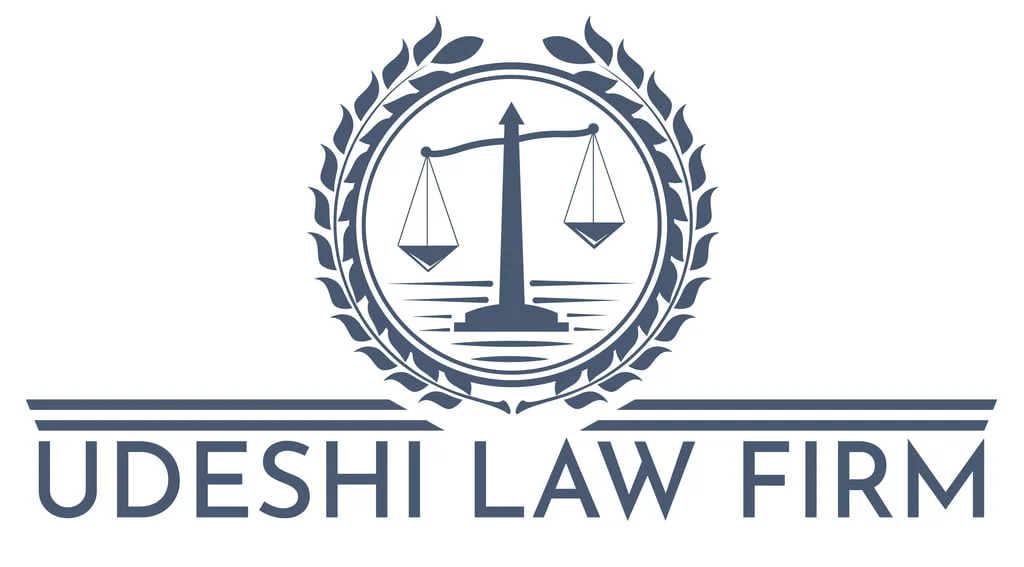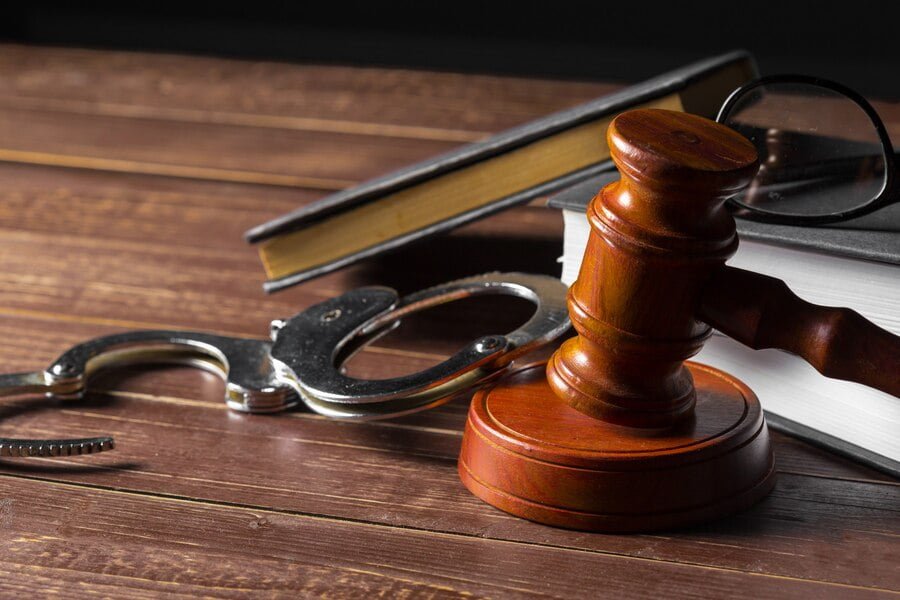Criminal Law Essentials: Know Your Rights and Legal Responsibilities”
Exploring Criminal Law: Understanding the Basics and Your Rights Criminal law forms the backbone of our legal system, governing actions deemed harmful to society and establishing consequences for those who commit such acts. Whether you’re curious about your rights if accused of a crime or simply want to understand how the legal system handles criminal behavior, this guide will provide you with a solid foundation. 1. What is Criminal Law? Criminal law encompasses the rules and statutes that define conduct prohibited by the state because it is considered harmful or threatening to public safety and welfare. It covers a wide range of offenses, from minor infractions to serious felonies, each carrying different penalties based on the severity of the offense. 2. Elements of a Crime For an act to be considered a crime, it must typically involve two key elements: Actus Reus: The physical act of committing the crime. This can include actions, omissions (failure to act when legally required), or even possession of illegal items. Mens Rea: The mental state of the perpetrator at the time of the crime. This can range from intentional acts (with full knowledge and intent to commit the crime) to acts done with recklessness or negligence. 3. Types of Crimes Criminal offenses are categorized into different types, including: Misdemeanors: Less serious crimes punishable by fines, community service, or short jail time. Felonies: More serious crimes such as murder, rape, or armed robbery, carrying substantial prison sentences and sometimes even capital punishment. 4. Criminal Procedure The legal process in criminal cases typically includes: Investigation: Law enforcement gathers evidence to establish whether a crime has occurred and who might be responsible. Arrest: If there’s enough evidence, the suspect may be arrested and taken into custody. Charging: Prosecutors decide whether to charge the suspect based on the evidence gathered during the investigation. Trial: The accused has the right to a trial where guilt must be proven beyond a reasonable doubt. Sentencing: If found guilty, the judge imposes a sentence, which can range from fines and probation to imprisonment. 5. Rights of the Accused It’s crucial for anyone accused of a crime to understand their rights, which include: Right to Legal Counsel: The right to have an attorney represent you throughout the legal process. Presumption of Innocence: The principle that a person is considered innocent until proven guilty. Right to Remain Silent: The right not to incriminate oneself, often invoked by stating, “I plead the Fifth.” 6. Legal Defenses Defendants can challenge criminal charges by presenting various defenses, including: Alibi: Providing evidence that proves the accused was elsewhere at the time the crime was committed. Self-Defense: Acting to protect oneself or others from harm when faced with imminent danger. Insanity: Demonstrating that the accused did not understand the nature of their actions due to a mental illness or defect. 7. Importance of Legal Representation Navigating the complexities of criminal law can be daunting without proper legal counsel. A skilled criminal defense attorney can help protect your rights, negotiate plea bargains, and provide crucial advice throughout the legal process.



